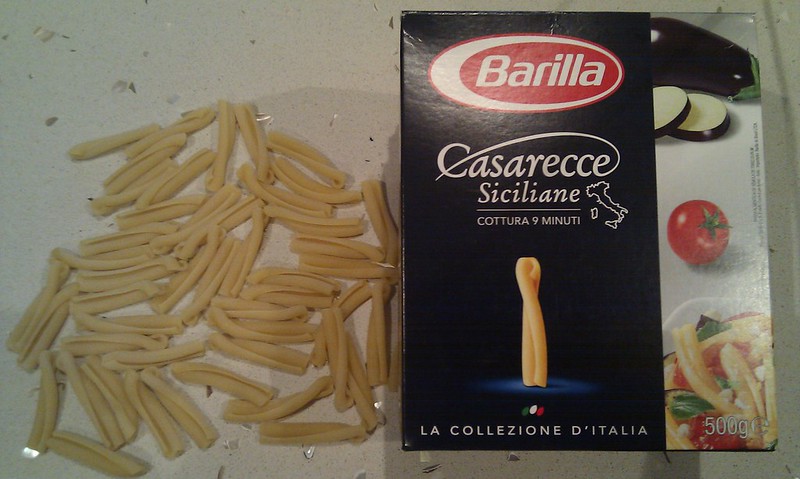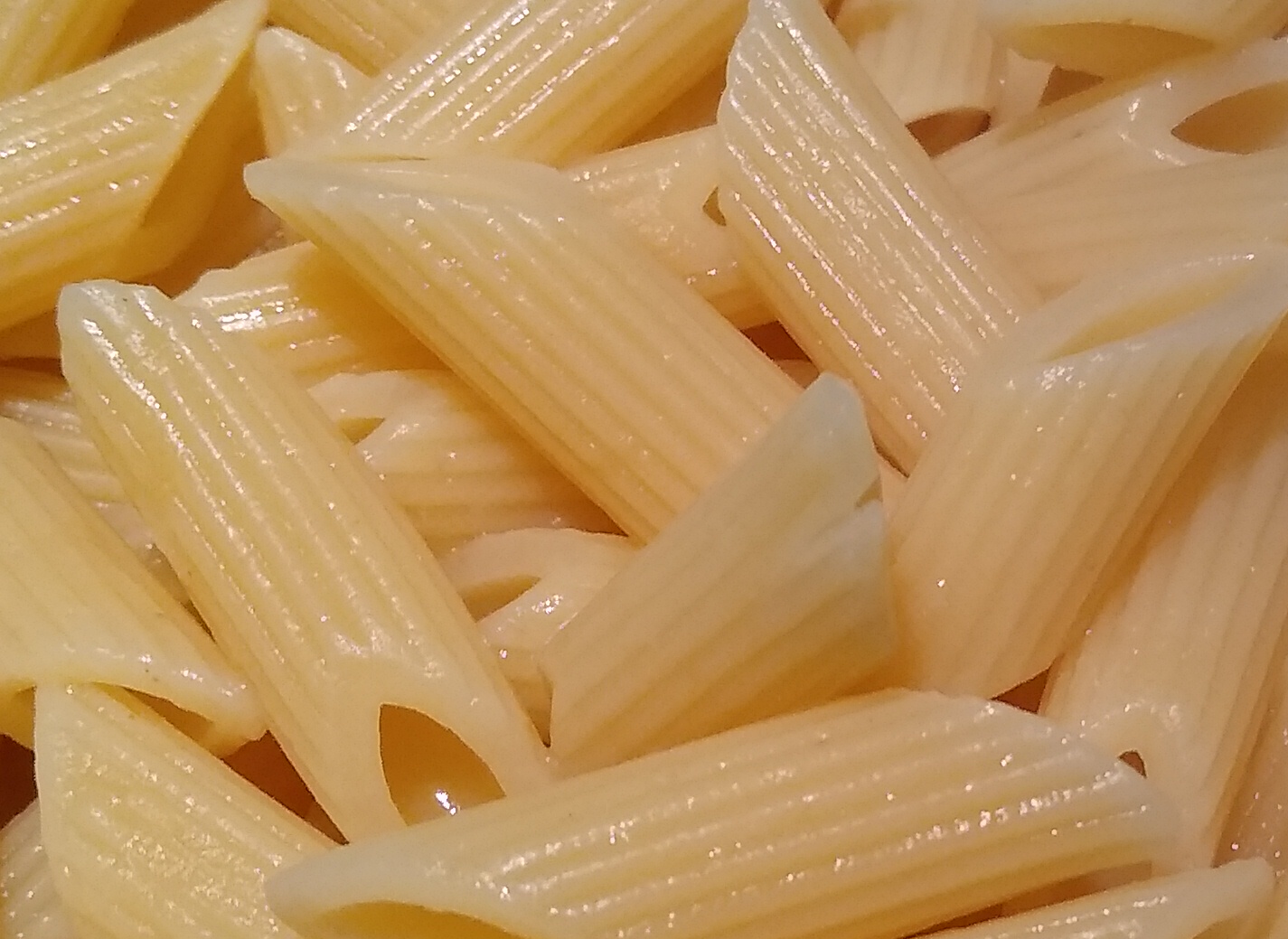The lawsuit claims that Barilla’s branding and imaging could lead consumers to conclude that the company’s pasta products are sourced from Italy–when they are, in fact, manufactured in Iowa and New York.
A federal judge has found that Barilla, a popular maker of pasta, cannot avoid a class action lawsuit claiming that the company deceived consumers about its noodles’ origins.
According to CNN, the lawsuit largely relates to Barilla’s slogan: “Italy’s No. 1 brand of pasta.”
The slogan, attorneys suggest, could lead consumers to believe that Barilla products are either manufactured in or sourced from Italy.
The two consumers behind the claim—Matthew Sinatro and Jessica Prost—both say they bought multiple boxes of Barilla, believing that the pasta was made in Europe.
Aside from Barilla’s slogan, the plaintiffs allege that other branding misrepresents the pasta’s origins.
Most boxes of Barilla noodles, for example, use the same colors as the Italian flag, “further perpetuating the notion that the products are authentic pastas from Italy.”
Further, attorneys claim that Barilla’s advertising campaigns position the brand as “authentic, genuine Italian pastas—made from ingredients sources in Italy (like durum wheat), and manufactured in Italy.”
However, as Barilla’s own website explains, the pasta is not made in Italy—instead, it is manufactured in Iowa and New York, using the same machines used in its Parma, Italy, facility.
Barilla, notes the website, was founded in a small Italian town in the 19th century; the company has since expanded to have a presence in more than 100 countries.

Collectively, the class says that Barilla’s appropriation of Italian symbols has given it an unfair advantage over “lawfully acting competitors.”
On Monday, U.S. District Judge Donna Ryu ruled that the plaintiffs have established sufficient standing to further pursue their complaint.
“Their allegations are sufficient to establish an economic injury for purposes of constitutional standing,” Ryu wrote in her decision.
Rebecca Tushnet, a professor at Harvard Law School, told The Washington Post that many modern consumers feel they are regularly misled by large corporations—and may feel cheated when they pay a premium for what they believe to be a special product, such as imported pasta.
According to Tushnet, false-advertising lawsuits are on the rise—a trend partially attributable to consumers’ desire to exercise power in a market increasingly controlled by waivers, clauses, and stipulations that strip customers of their right to take legal action against large companies.
However, both The Washington Post and KTLA75 observe that many spectators might think this latest lawsuit exemplary of what could be termed “legal puffery,” with David Lazarus of KTLA75 opining that consumers should have enough marketing smarts to research product claims before making a purchase.
After all: as Lazarus observes, a simple Google search makes it abundantly clear that the Barilla products sold in the United States are not actually manufactured in Italy.
Sources
Barilla customers sue because ‘Italy’s #1 Brand of Pasta’ is made in U.S.
Barilla is not ‘Italy’s No. 1’ pasta, lawsuit says
Is Barilla really ‘Italy’s No. 1 brand of pasta?’ A lawsuit says no
Marketed as ‘Italy’s No. 1 brand of pasta,’ Barilla sued over product not being made in Italy


Join the conversation!